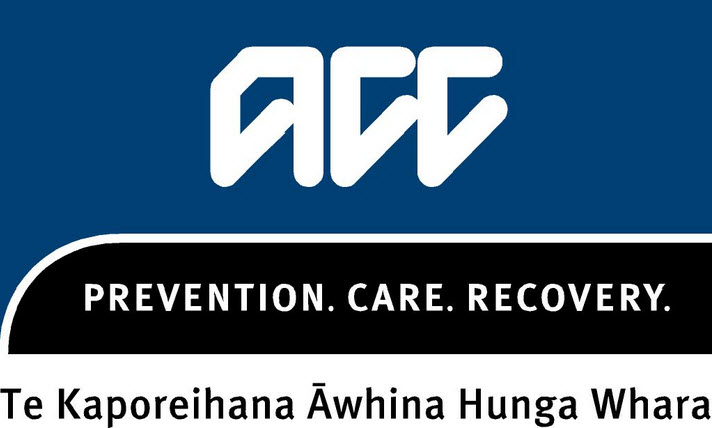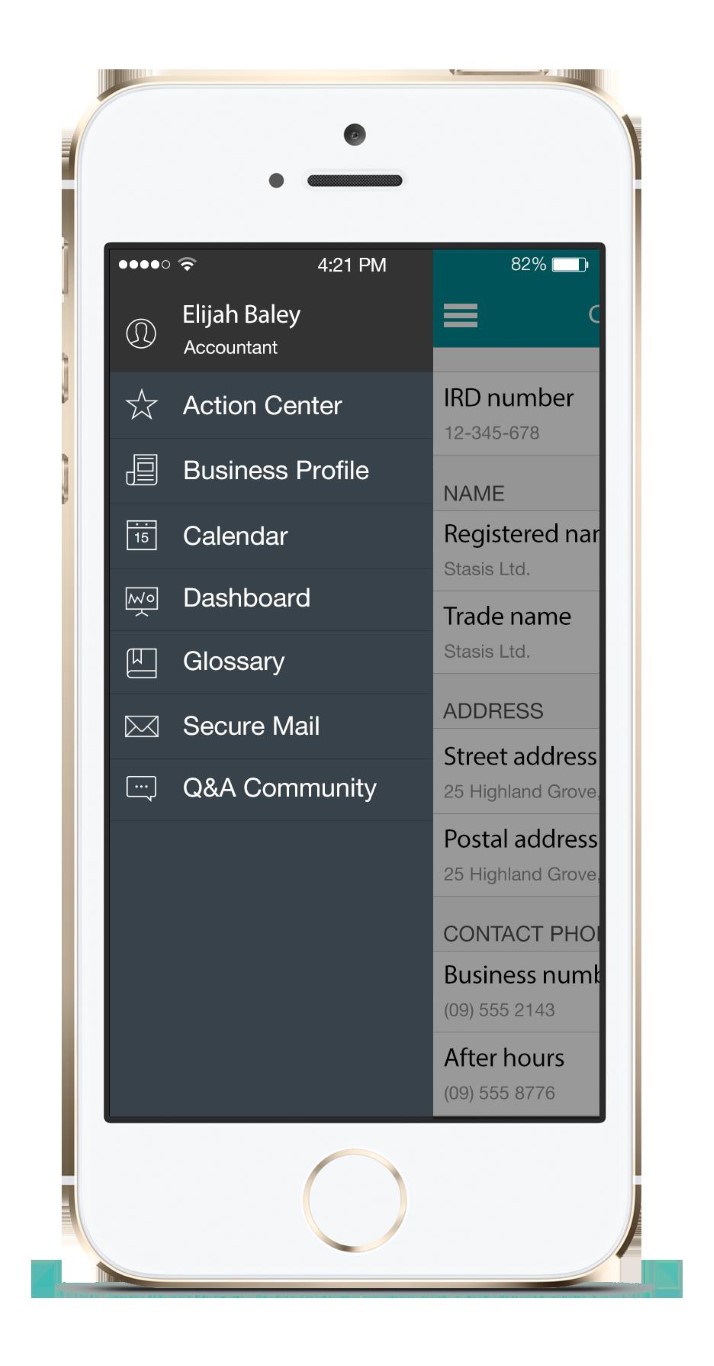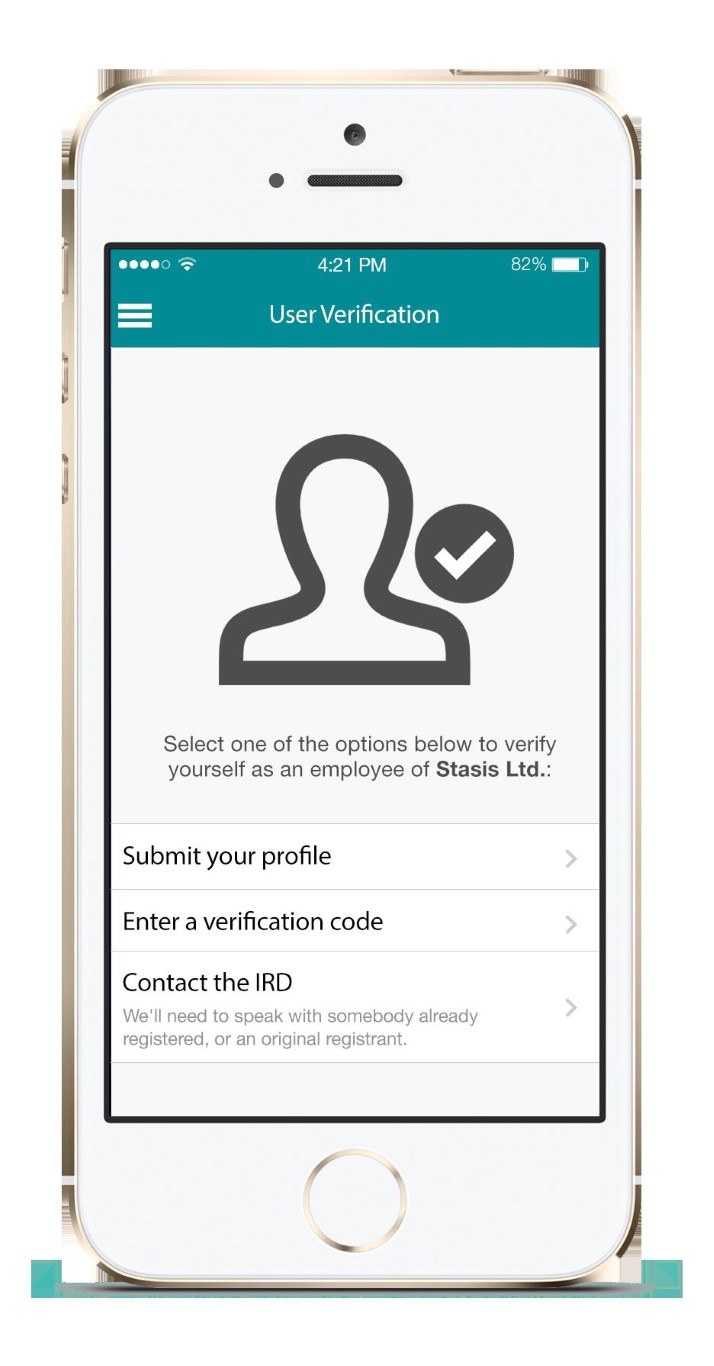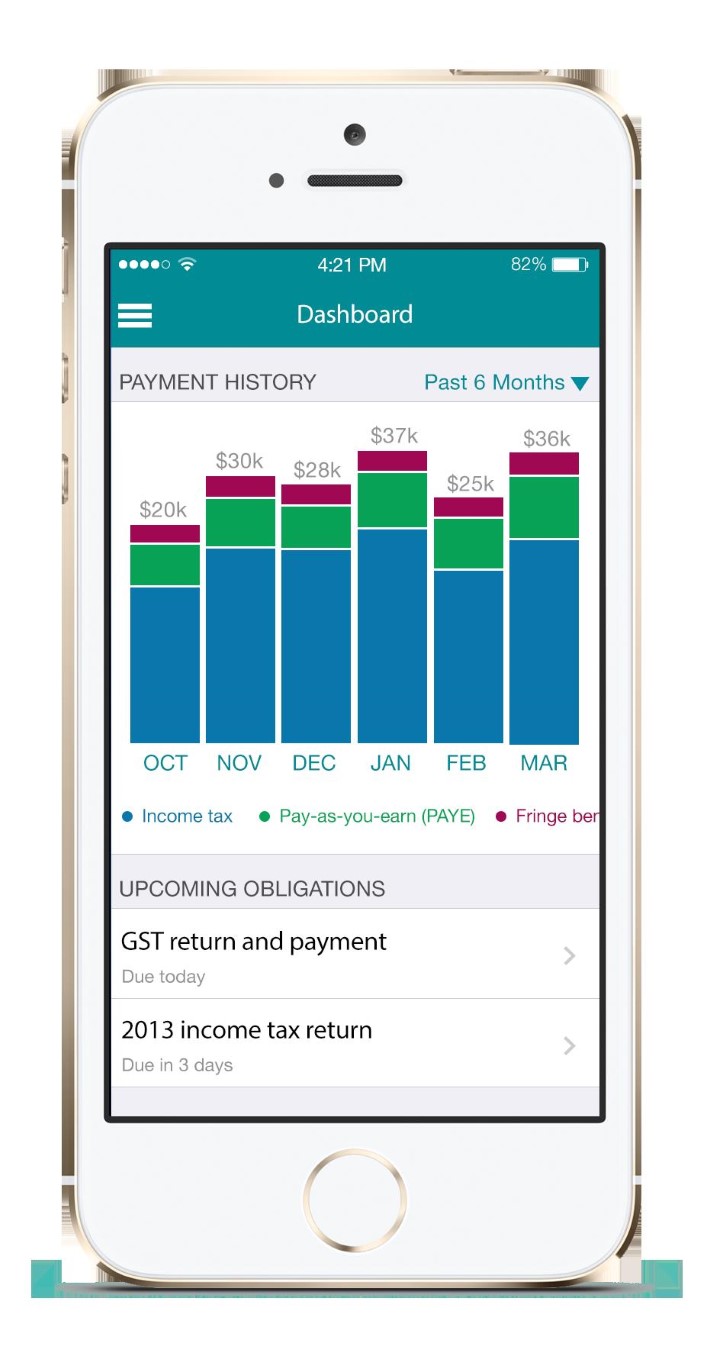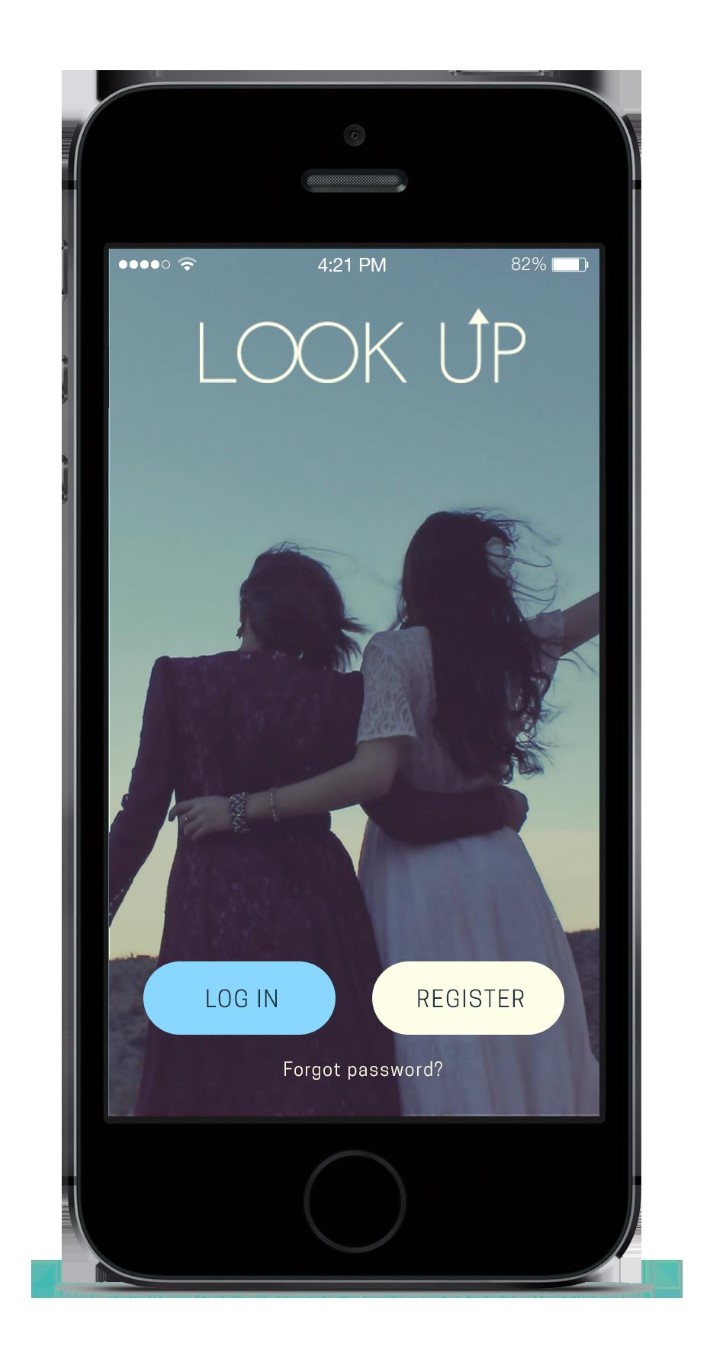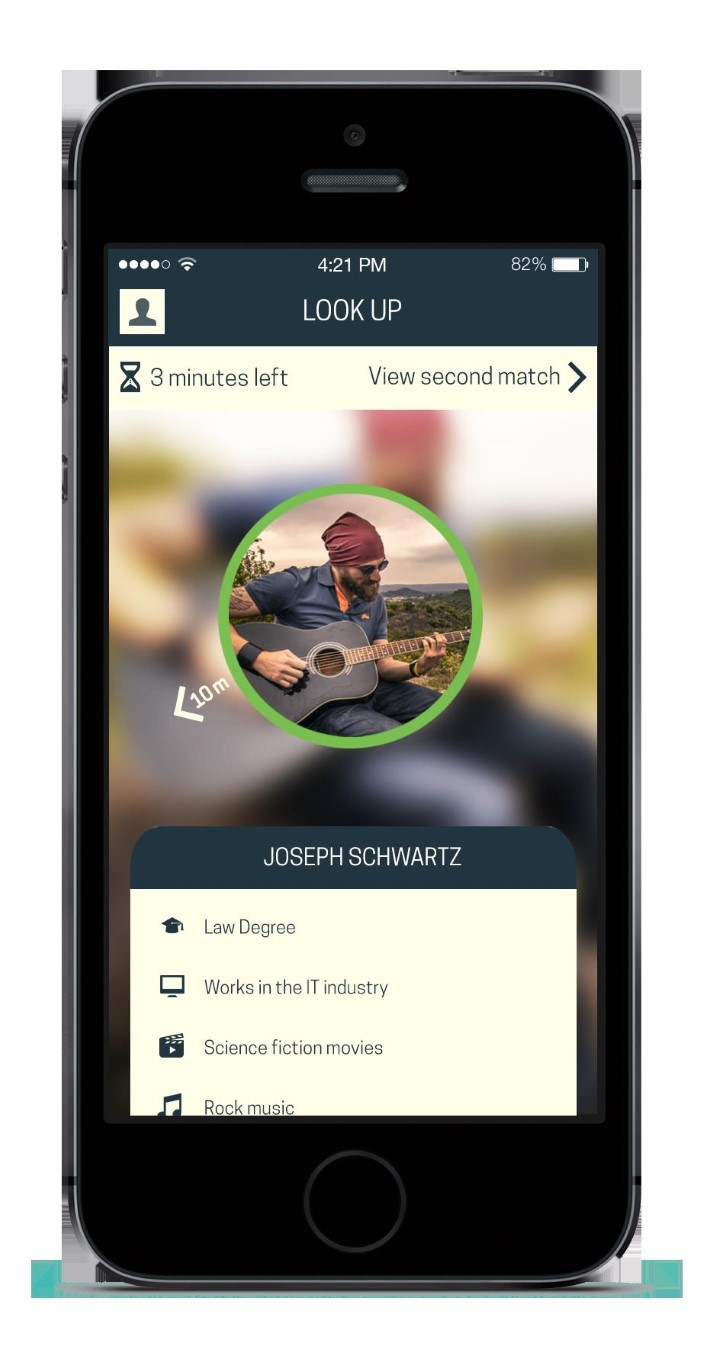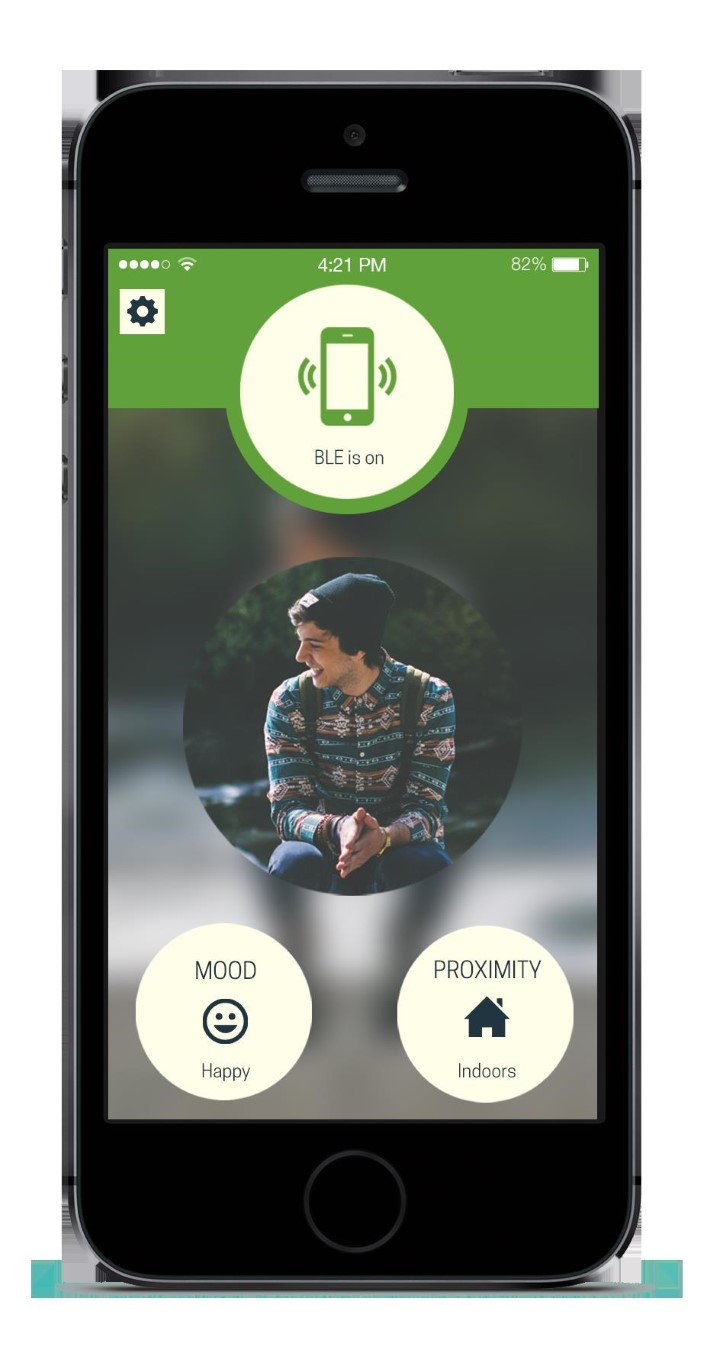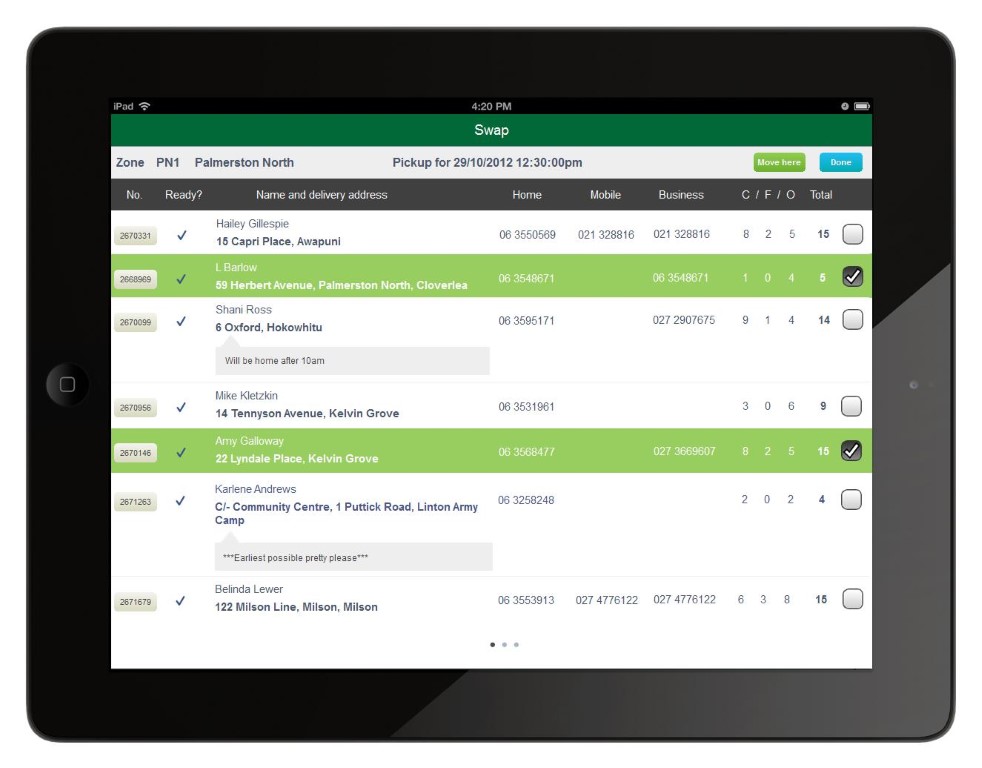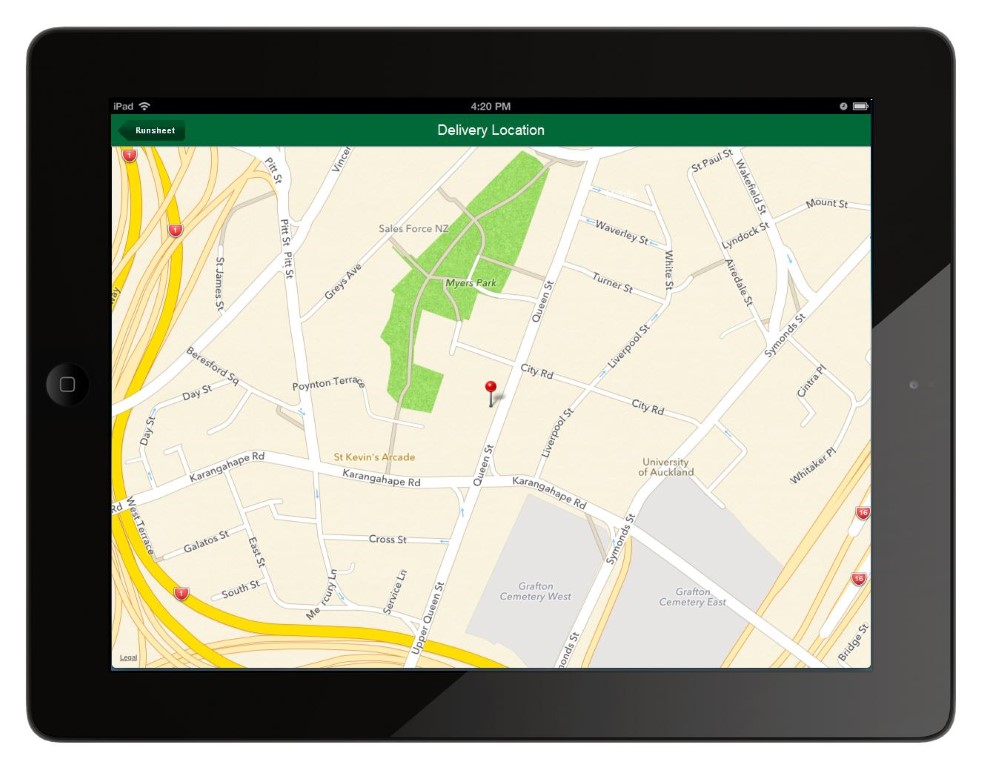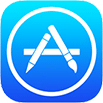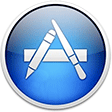Despite the popularity of smartphones, the desktop computer is here to stay. When building an app, one of the first decisions we have to make is choosing which of the two platforms we should address first.
One of our clients recently posed the following question:
We have a target market that we are engaged with on Facebook and they are mostly middle-aged people who currently use pen and paper or desktop computing to complete the task we are thinking of turning into an app. We surveyed them on their platform usage preferences, and mobile came a distant third after paper and PC. This begs the question: for our app, shouldn’t we target the PC platform first [i.e. a desktop web-app] - since our audience is reporting they prefer that ahead of mobile?
Our team is platform-agnostic, so we were able to discuss this question without prejudice. The various computing platforms have their pros and cons, and indeed for some apps it makes sense to go with desktop first. The best way of thinking about it is to weigh the advantages and disadvantages of each platform based on your specific app and target audience. While it may seem logical to prioritise the PC platform due to your audience's preference for desktop computing, it is essential to consider a few key factors before making a final decision.
User Convenience and Accessibility:
Although your audience currently favors pen and paper or desktop computing, it's crucial to assess their willingness to adopt new technologies and adapt their habits. While desktop web apps offer a familiar environment, mobile apps provide the convenience of on-the-go access and portability. Consider whether your target market would benefit from the mobility and convenience offered by a mobile app, allowing them to complete tasks anywhere and anytime. Additionally, evaluate the learning curve associated with transitioning from paper or desktop to a mobile app and how receptive your audience is to embracing new digital solutions.
Market Trends and Future Growth:
While desktop computing may be the preferred platform for your audience at present, it's important to examine market trends and anticipate future growth. Mobile app usage has been steadily increasing, and smartphones have become an integral part of people's lives. Analyse industry reports, market forecasts, and user behavior trends to understand the trajectory of mobile app adoption within your target market. It's possible that mobile usage will continue to rise, and developing a mobile app could position you for future growth and expanded reach.
Competitive Advantage:
Consider the competitive landscape within your industry. If your competitors have already developed mobile apps, it's essential to assess whether not having a mobile presence would put you at a disadvantage. A well-designed and user-friendly mobile app can differentiate your brand and provide a competitive edge. Evaluate your competitors' strategies and analyse how their mobile presence has impacted their market position and user engagement. Balancing your audience's current preferences with the need to stay competitive can help guide your decision.
Development and Maintenance Costs:
Another factor to consider is the cost associated with developing and maintaining apps for different platforms. While desktop web apps can have their complexities, they often require less effort to develop and maintain compared to native mobile apps. Assess your available resources, development expertise, and budget to determine the feasibility of developing for both desktop and mobile platforms simultaneously. If you decide to prioritise one platform initially, consider the potential to expand to other platforms in the future to cater to evolving user preferences and market demands.
Summary
In the case of our client, our discussion yielded the decision to go with the mobile platform first. This was for several reasons:
The audience uses mobile: The target audience did display a preference for desktop over mobile in our client’s survey, however mobile was on their minds, thus it was obvious they are familiar with it.
Mobile provides opportunities to improve the user experience: The app our client is planning would benefit its target audience more as a mobile app designed to be used both on-the-go - in byte-sized sessions - and sitting down - in longer sessions. This dynamic was difficult to imagine, but our design team was able to demonstrate innovative ways of creating the User Experience that pushed prior assumptions and created a sensible new way of getting important user tasks done.
Conclusion:
Choosing the right platform for your app is a complex decision that requires careful consideration. While your audience's preference for desktop computing is valuable input, it's essential to weigh it against other factors such as user convenience, market trends, competitive advantage, and development costs. Evaluating these aspects will help you determine whether prioritising a desktop web app or a mobile app aligns best with your audience's needs and positions your app for long-term success. Remember the words on product innovation famously attributed to Henry Ford:
"If I had asked people what they wanted, they would have said faster horses."




